Column: Embracing your Inner Shero
Photo credit: Cybele Zhang
Bridges’ photo album with images of her and workers-right activist Dolores Huerta protesting. They were leading a rally to protest Prop 209, in order to fight for more diversity at universities.
This column is part of a series written by teacher guest writers on a topic they are interested in exploring. This was submitted to The Oracle for review by the Editorial Board.
My college counselor told me that I would never get into college because my standardized test results showed that I did not have the ability to read, write or speak English. My parents, who came to this country specifically for me to get a college education, did not want me to “go away” to school because in my culture, you only leave your home to get married. Leaving for any other reason brings shame to your family. As a first generation student, I went to college with a lot of negative baggage weighing heavily on my mind.
I chose to attend Mount Saint Mary’s University, a women’s college, and my first class was “An Introduction to Women’s History.” The first day of class I was introduced to the idea of having a voice and the importance of its place in this world. This was such a foreign concept to me as I grew up being taught that a Sri Lankan girl should know her place, not her voice.
Over the span of four years, I was inspired by Gloria Steinem, Betty Friedan, Naomi Woolf and Susan Faludi, among others. I learned the importance of peaceful protest by organizing rallies for various causes I believed in. I didn’t think twice about inviting Dolores Huerta to campus and standing beside her shouting “Si se puede.” Over the course of four years, it became my norm to stand up, speak up and lift up other women in every way I could.
After college, my parents fully expected me to move back home, get a job close by and wait for them to arrange my marriage. My mother was notorious for passing out my contact information out on airplanes on her way to visit me. I will never forget the day I stood up for myself and stated, “If you wanted me to think the way you do, you should have never brought me to this country and educated me.”
My parents were as startled as I was by the words that came out of my mouth. But in that moment, we all found a new way to respect, love and support one another. It also helped me to realize that in order for me to succeed in this world, I needed to embrace the woman I had become.
With my feet firmly planted in the ground, I began to do the hard work of being my own shero — a female superhero, for those new to the word. I needed to put on my invisible cape so that I could “define myself for myself,” as feminist icon Audre Lorde once said.
I am a woman of color, who refused to be anything other than a truth teller. That was a hard role to play as many were not used to a woman being bold and unapologetic, especially 25 years ago. It baffles me that it is still difficult and unsafe for women across the globe to stand in their truth today.
I will never forget my first presentation at Archer when I asked a group of seniors who their shero was. Everyone in the room looked at me like I had two heads. I looked back at them the same way. We then began to unpack the word, and I asked the girls to chose three things about themselves that they would present to their shero given the chance. It was a difficult task even for the bravest Archer senior.
Cydney Davis ’18 was the first to take a leap of faith and claim Maxine Waters as her shero. She shared with all of us in the room as to why Waters should know her. One by one, each Archer senior took their turn this past fall to embrace their inner shero by telling colleges and interviewers how extraordinary they are, beginning their own journeys to fully accepting and embracing themselves as young women. It is difficult to stand in your truth. Not all will appreciate your boldness or your bravery, but each woman should learn how to unapologetically, authentically, organically learn the power of their story.
It is difficult to stand in your truth. Not all will appreciate your boldness or your bravery, but each woman should learn how to unapologetically, authentically, organically learn the power of their story. Over the years and through life experiences, I have failed and I have learned, but all of these lessons have ultimately created a set of guidelines of how I can best continue to cultivate my inner shero.
Practice self care and gratitude daily; it is how you will own your power. Lean into the uncomfortable space and disappointments in your life; it is how you will grow. Take advantage of every opportunity, big or small, that will teach you something new. Learn to stand in your truth and own it. Reflect daily on how you were brave, kind and failed. And most importantly, acknowledge the other women in your life who see you, truly see you, and whose shoulders you stand on and lean on.
There will be moments in life where you need to strap on your invisible cape in order to get through your day. Don’t just survive, but thrive, and be the shero in your own life. Embrace her.
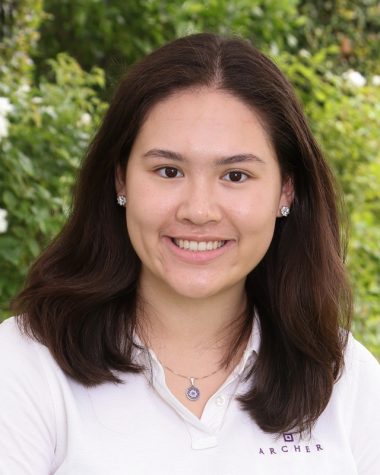
Cybele Zhang joined the Oracle writing staff in 2015. She was promoted to Sports Editor as a sophomore and to Editor-in-Chief as a senior. Cybele graduated...





![Freshman Milan Earl and sophomore Lucy Kaplan sit with their grandparents at Archer’s annual Grandparents and Special Friends Day Friday, March 15. The event took place over three 75-minute sessions. “[I hope my grandparents] gain an understanding about what I do, Kaplan said, because I know they ask a lot of questions and can sort of see what I do in school and what the experience is like to be here.](https://archeroracle.org/wp-content/uploads/2024/03/grandparents-day-option-2-1200x800.jpg)













































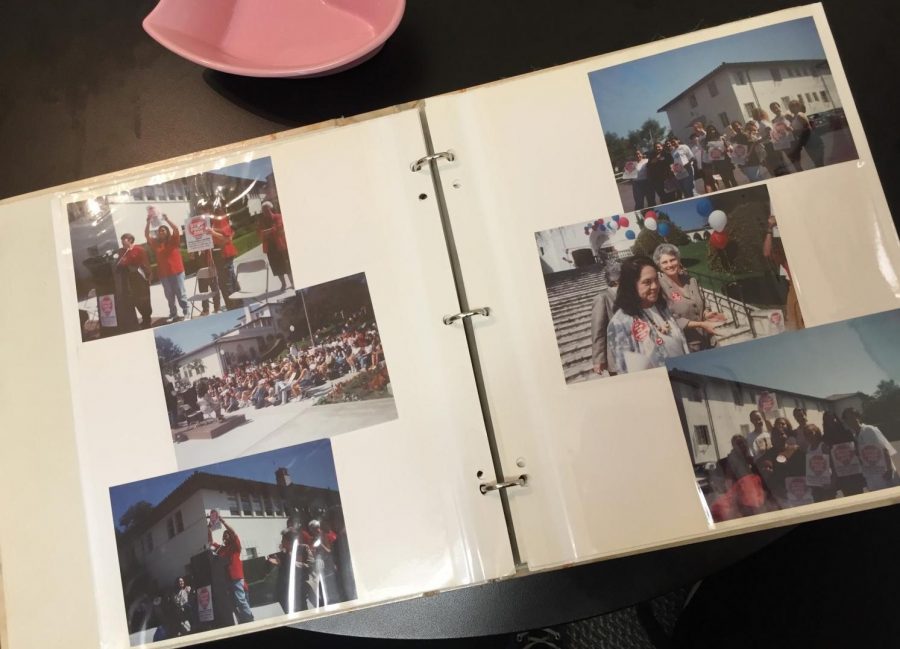
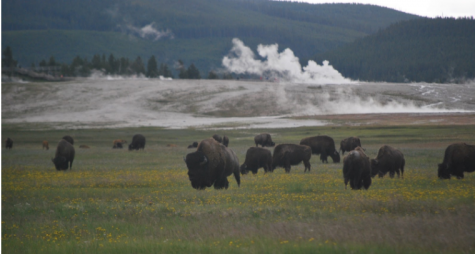
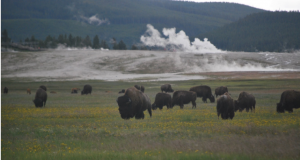
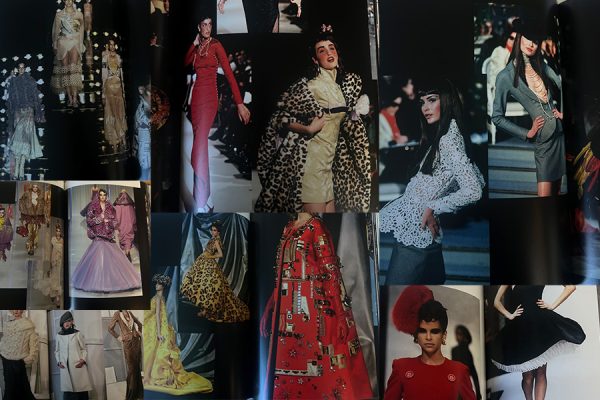


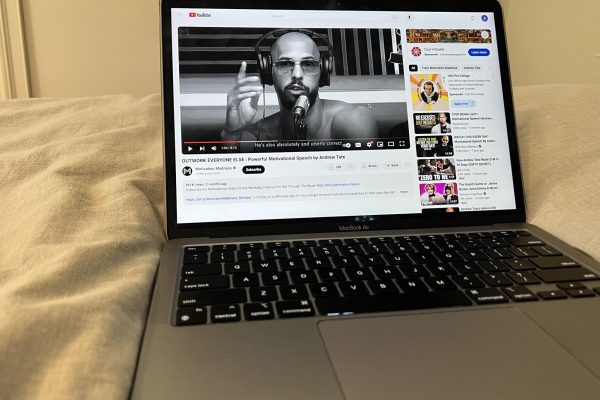
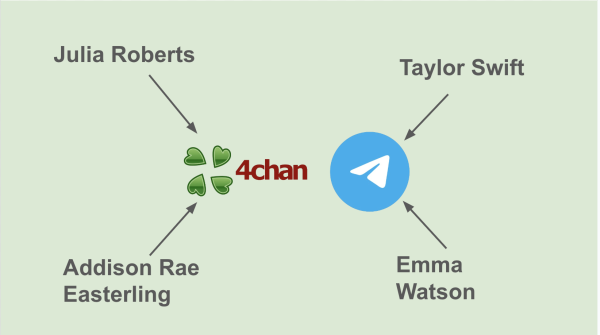


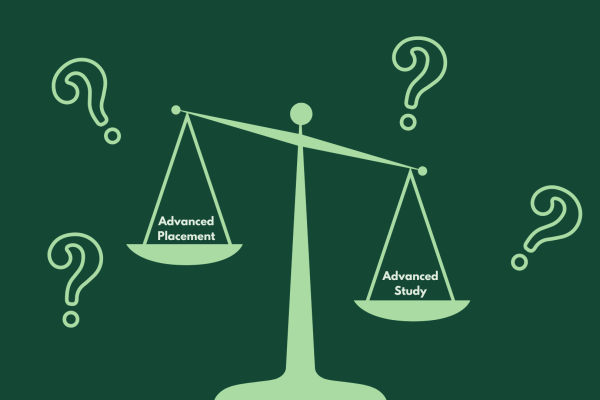
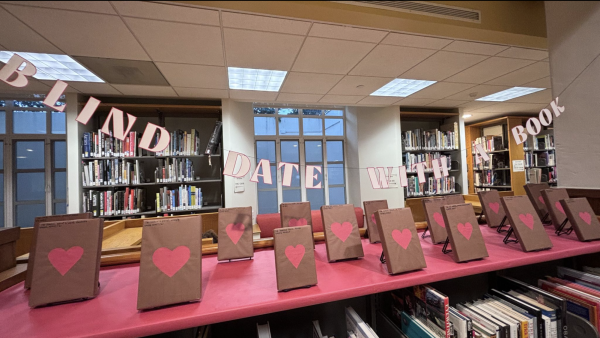
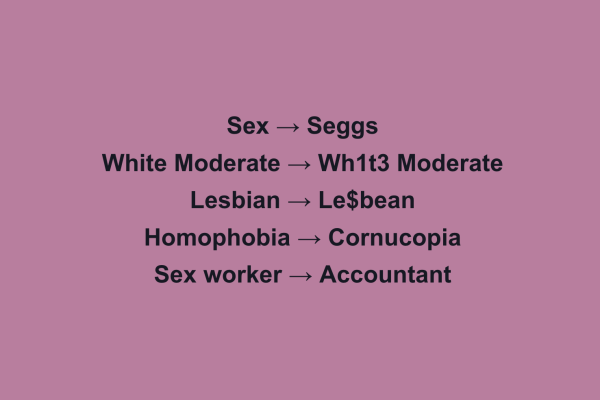

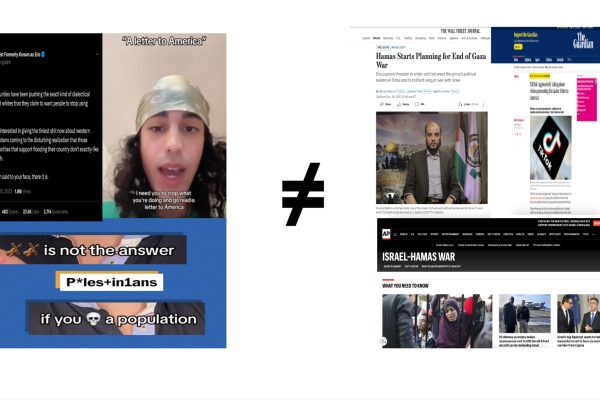
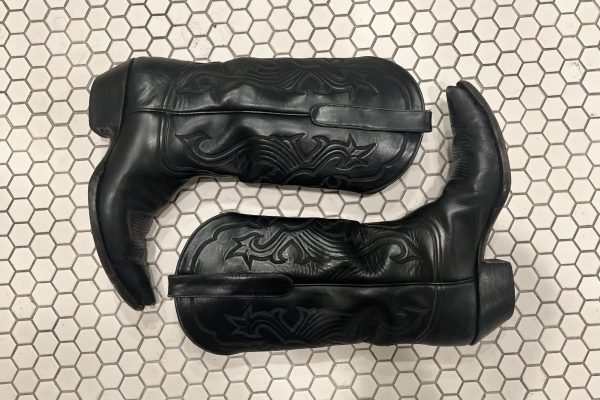
Zoë • Mar 15, 2018 at 11:57 pm
You inspire me, Ms. Bridges! I am so privileged to be able to learn from you.
Stephanie • Mar 8, 2018 at 10:25 pm
This was an incredible article to read. Thank you for sharing yourself and being an inspiration to the community.
Megan Escobar • Feb 25, 2018 at 8:30 pm
Thank you for sharing your journey through cultural norms, and how they have impacted the way you found your voice. After reading this I feel even more inspired to educate myself and keep voicing my own truth. It is so impactful to hear from a voice within my own community and remind myself of the extraordinary women around me who have fought to stand firmly with their truth and voice vulnerable to the rest of the community. 🙂
Alexandra • Feb 8, 2018 at 11:25 pm
Thank you for writing such a thoughtful and inspiring column. I absolutely loved reading it!
Marie Chorpita • Feb 8, 2018 at 9:43 pm
This is so incredibly powerful and inspiring. I feel honored to have learned about the challenges you’ve faced on your path to becoming a bold, self-possessed, and passionate woman, and I am excited to continue my own journey to get to that place.